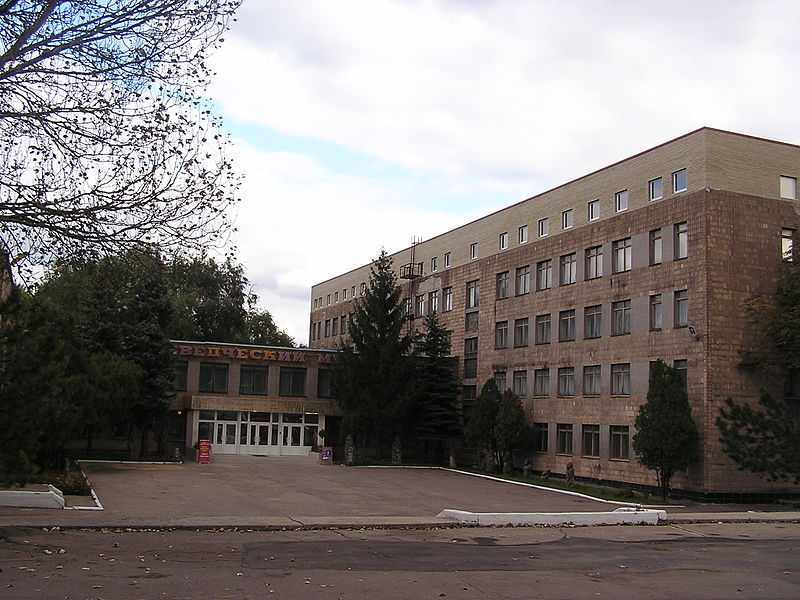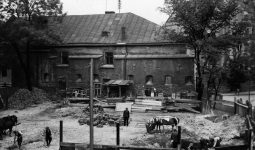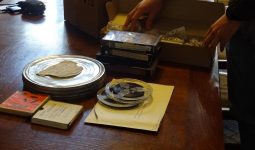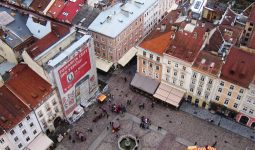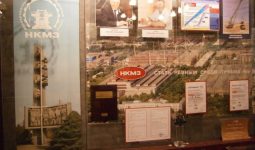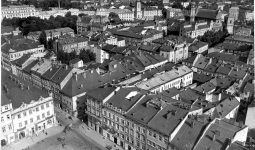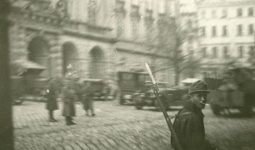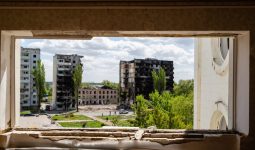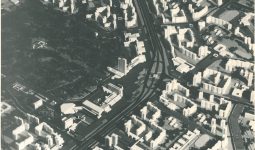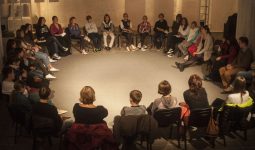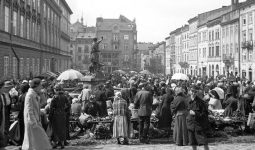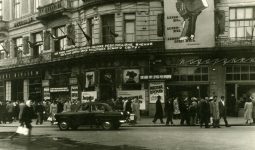Contact Zones/Conflict Zones: (Re)negotiating Ethnic Heritages in Local History Museums in Ukraine (late 1980s-Today)
Anna Chebotariova
This research, building on Mary Louise Pratt’s concept of "contact zone", as well as insights from heritage studies and postcolonial studies, explores the conceptualization of ethnic and trans-ethnic cultural heritages in post-transformation Ukraine. Museums are usually understood as the channels of promoting the dominant historical narrative - indirectly or openly. At the same time, local history museums often become the realms in which national, local and transnational discourses coexist, merge and sometimes clash. In my research I consider changes, challenges and twists in the presentation of historical narratives in Ukrainian local history museums since late Soviet period. The aim of this research is to understand the role played by local history museums in Ukraine in mediating local, national and transnational memory discourses. In particular, I investigate the ways local history museums internalize, negotiate or challenge the dominant historical narrative. The conceptualization of "Ukrainian", "Soviet" as well as "ethnic" heritages will be investigated in details. Another important research focus will be the role of local history museum in (post)conflict societies, facing the challenge or living, museifying and translating rapidly-changing and often traumatizing present events. The study focuses on three levels: dominant discourses (manifested in legislative initiatives and exhibition narratives); agency of heritage-actors (museum workers, tourist managers etc.); attitudes and perceptions of various heritage-consumers (e.g. locals and tourists). Methodologically the project will combine quantitative and qualitative methods (in-depth interviews as well as content, discourse, network and visual analyses).
Related Publications and Presentations
Presentation: ASEEES‐MAG Joint Convention, Lviv, 26-28 June 2016
Anna Chebotarova: "In Search of One's ‘Own’ Narrative: Local History Museums in post‐Soviet Ukraine".
Credits
Сover Image: Local History Museum in Donetsk, 2013. Photo by A.Butko
